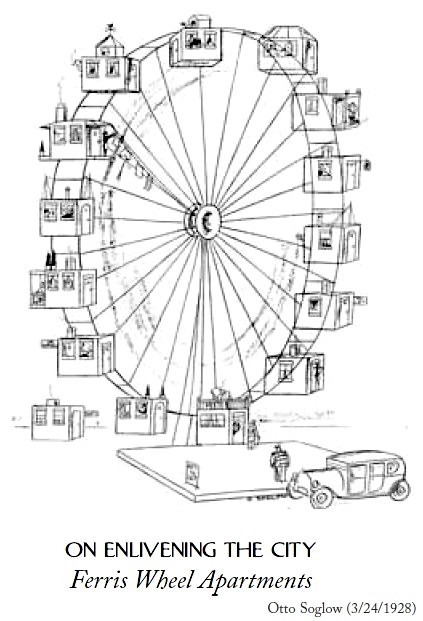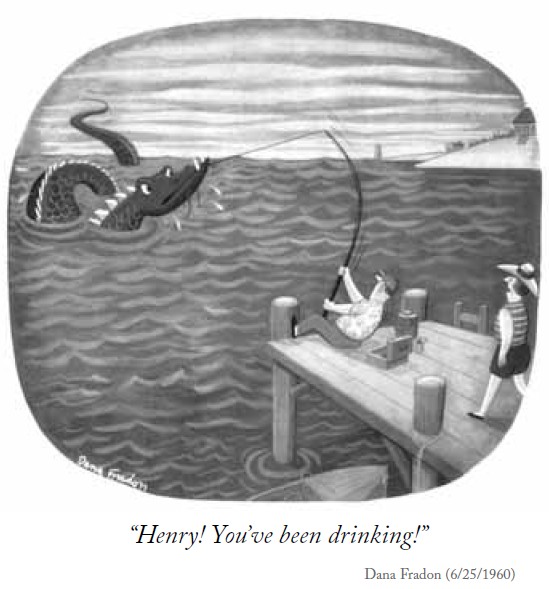Fantasy
When I examine myself and my methods of thought, I come to the conclusion that the gift of fantasy has meant more to me than my talent for absorbing positive knowledge.[59]
One of the abilities of the human brain is to imagine or fabricate situations and experiences that have not occurred in life. Fantasy is the basis of drama and much of our literature.
In ancient times tragedy was a form of religious observance and it plays an important part in many religions (particularly Eastern ones) today. In these religions truth, reality or awareness is reached by leaving the body or through ecstasy. In the Judaeo-Christian tradition fantasy in everyday life (although not in Saints) is viewed with suspicion. Christian Monks observe God in the everyday: washing, cooking, gardening. For them prayer and observance should be anchored in the here and now; in reality.
A recurrent myth in our culture is of someone being offered mastery in an unreal world in place of despair in the real world. This happens to Faust (and is one of the themes in the film The Matrix). Faust was a scholar who was supposed to have sold his soul to the Devil in return for scientific knowledge (There are many stories; later versions include eternal youth and magic as the benefits).
Addiction to a fantasy world is seen as fundamentally un-Christian; particularly by the Protestant reformists who associated it with the Devil. Protester priest; Martin Luther made the Faust legend famous through his preaching.
Our cultural doubts about fantasy probably stem in part from a fear of madness and in part because of the apparently infinite possibilities it offers. We know that the mad, confused and drug-addicted have difficulty functioning as human beings. Most of the fantasies we are capable of are of limited utility in the 'normal' world.
Yet we admire flights of fantasy in art and in science. This is because fantasy is close to vision; our dreams or fears for the future. Fantasy can help us gain insights into the actions and aspirations of others and can unite us in a common goal. Even progress in science involves a complex interaction between speculation (fantasy) and experiment.

Our cultural experience is that it is wise to avoid courses that offer a total escape from reality; drugs or perhaps virtual-reality.

These come with a long tradition of warnings: from the lotus-eaters of Greek and Roman legend to films like Matrix. The lotophagi (lotus-eaters) ate the fruit of the lotus tree and forgot their friends and homes and lost all desire to return to reality.
These warnings should be balanced against the need to leave ourselves open to (and practice) flights of imagination and daydreams.

